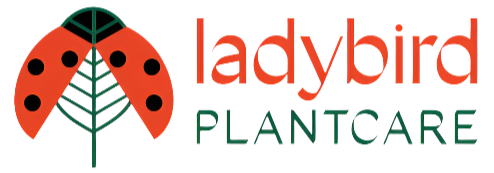Getting rid of slugs, the pet-safe way
Smaller slug populations mean smaller risk to your dogs
Slugs can spread a parasitic disease called lungworm, a potentially fatal disease in dogs. But traditional slug pellets can be toxic to pets too. If you are a dog owner, you might feel a bit stuck between a rock and a hard place when it comes to ensuring your garden is safe for your beloved companion.

We asked vet, Dr Vicky Strong MRCVS, for her advice: “Owners are right to be worried about lungworm in dogs. It is a very unpleasant disease which is often fatal. Dogs can be infected if they swallow the infectious larvae, which are found not only in the slugs themselves but also in their slime. This is particularly worrying since slugs will crawl over lots of things in the garden (toys, sticks, stones, bowls etc.) that young dogs especially, will pick up in their mouths.”
“You should protect your dog by regular worming with a product effective against the parasite – your own vet will be able to tell you more. But you should also try to minimise the chances of your dog coming into contact with slugs. Avoid leaving toys, food or bowls out overnight, or letting your dog play with sticks. Do what you can to keep dogs away from areas where you’ll find lots of slugs, such as in your flower beds and vegetable patches.”
When asked whether getting rid of slugs from your garden would help she said: “Absolutely. The more slugs there are, the more likely it is your dog will come into contact with them. Smaller slug populations mean smaller risk.”
“Dog owners need to be really careful though, as many of the slug pellets you’ll find on the shelf contain a chemical called metaldehyde, which is highly toxic to pets. Metaldehyde poisoning in dogs causes nervous signs, seizures and breathing difficulties within minutes of being swallowed. The pellets are often bright coloured and contain molasses to make them taste sweet and attractive to the slugs, but this makes them appealing to dogs too. It can be impractical to keep pets away from areas where you have put slug pellets down, and so pet owners should avoid using metaldehyde-based slug poisons in their gardens altogether. If ever you think your dog has eaten slug bait, seek immediate veterinary attention.”
Nematodes offer a pet-friendly way to get rid of slugs from your garden. But some health-savvy dog owners worry, since nematodes can also cause disease in dogs. Dr Strong explains: “Nematode is the name given to a group of worms called roundworms. In dogs, they live in the intestines and can cause diarrhoea and weight loss. But nematodes are what we call host-specific. This means that a slug nematode can’t infect a dog, and a dog nematode can’t infect a slug.”
Nemaslug is 100% biological, meaning it you can allow your dog to dig and play on treated areas immediately. It therefore offers dog owners a safe option for getting rid of slugs from their garden.

